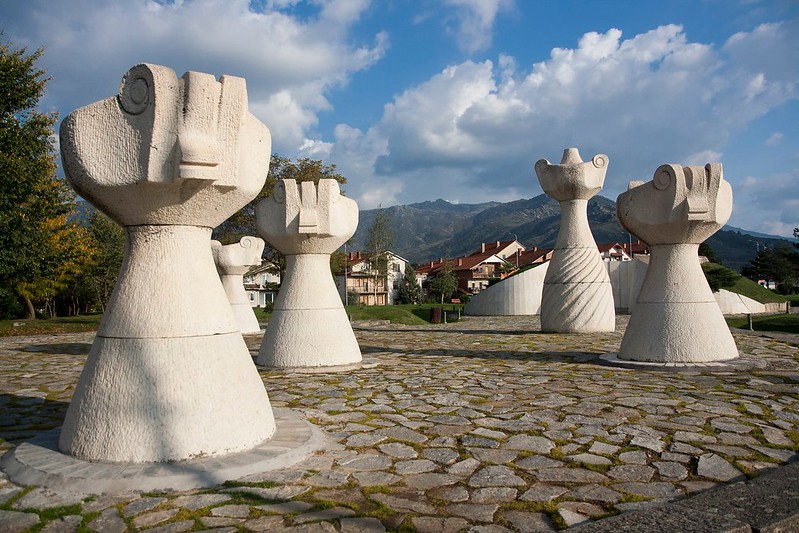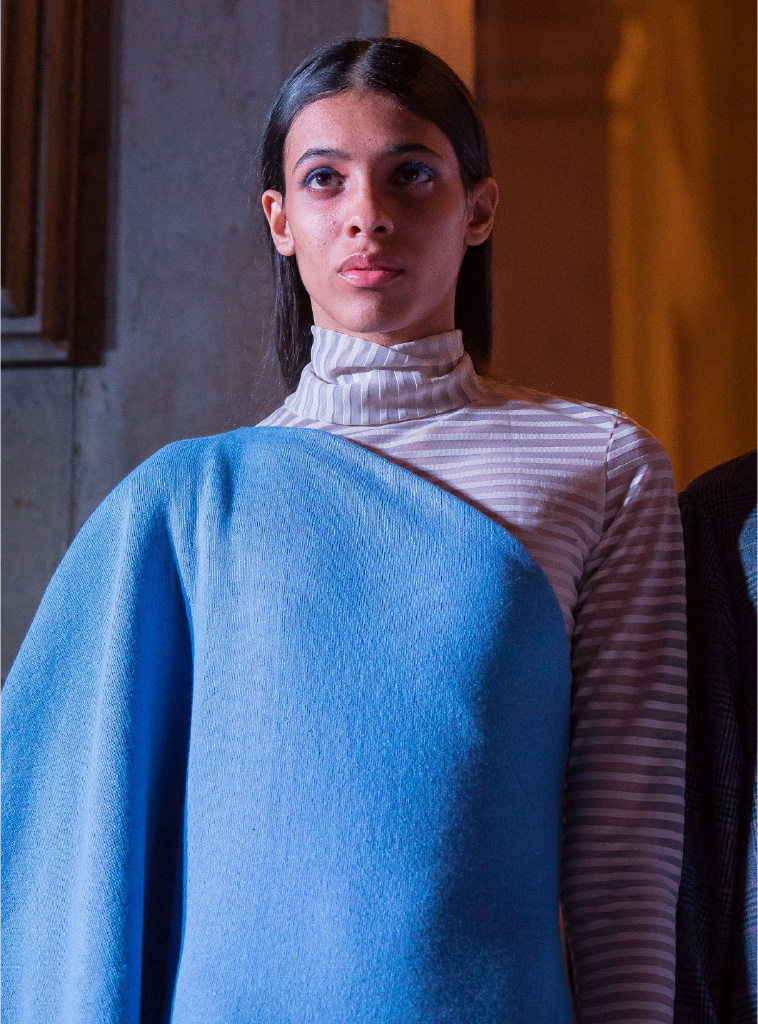The EU and the Western Balkans share deep cultural ties. The EU provides many opportunities for artists and creative industries to collaborate and reach new audiences.

Culture brings people together and has the power to improve lives, transform communities and generate growth and jobs. The EU and the Western Balkans share a common history and deep cultural ties.
The region has wealth of cultural heritage sites and cultural talent. In post-conflict societies such as the Western Balkans, culture also has a key role to play as a vector of reconcilation and mutual understanding. Preserving this rich heritage, and promoting intercultural dialogue, is core to EU support in the region.
The EU also provides many opportunities for artists, film-makers and creative industries to collaborate and reach new audiences.
The cultural landscape is changing rapidly not just in the Western Balkans, but across Europe and globally. New technologies are changing lifestyles and transforming how culture is accessed and produced. While this brings opportunities, the sector continues to face many challenges.
New challenges have also emerged, including the integration of newly arrived migrants in the region. In this context, culture has great potential to overcome divisions, counter radicalism, as well as generate growth and jobs.


The EU has long supported cultural projects in the Western Balkans to promote dialogue, reconciliation and growth. The EU recognises the value of the region’s cultural heritage for Europe and beyond. Substantial funding for the sector comes from the Instrument for Pre-Accession (funding available for EU candidate countries or potential candidates).
Numerous important cultural heritage sites have been restored or protected thanks to this. EU programmes such as Creative Europe have opened up avenues for artists and cultural organisations to operate internationally, share artistic works and tap into new audiences. The EU also supports and collaborates with film festivals, European Capitals of Culture , cultural awards and more across the region.
From performing arts and music organisations, artists and fashion collectives to cultural tourism operators, thousands of organisations and creatives have received support or taken part in exchanges and joint projects with counterparts across the EU. This has made the cultural and creative industries more competitive, and better integrated into the European cultural and artistic ecosystem.
Ongoing support
The EU’s Economic and Investment Plan for the Western Balkans highlights economic opportunities in the creative and cultural sectors, including the potential of cultural tourism in the region. A new-IPA funded Regional Programme on culture and creativity in the Western Balkans opens in 2021 to strengthen cultural cooperation within and with the region.
All this goes hand in hand with reinforced support to the EU’s flagship programme for the cultural and creative sectors, Creative Europe, which is open for participation from the Western Balkans. In line with the EU’s New European Agenda for Culture, EU support to culture in the region is wide-ranging and centres around:
Intercultural dialogue – Culture plays an important role in empowering communities and enhancing shared understanding. Continued support for intercultural dialogue will help reconciliation and good relations both within the region and between the EU and the region. Culture and cultural relations can open new – and less contentious – channels of engagement.
Cooperation and exchange – The new Creative Europe programme now offers dedicated cultural cooperation opportunities for cultural operators, including those in the Western Balkans, with a stronger emphasis on transnational creation, innovation, and mobility for artists and professionals.
Cultural heritage – The Western Balkans have a very rich cultural environment, which reflects a shared European history and heritage. EU support makes cultural heritage more accessible, all while contributing to local jobs, skills development, and cultural tourism.
Please wait while your video is being uploaded...
Don't close this window!